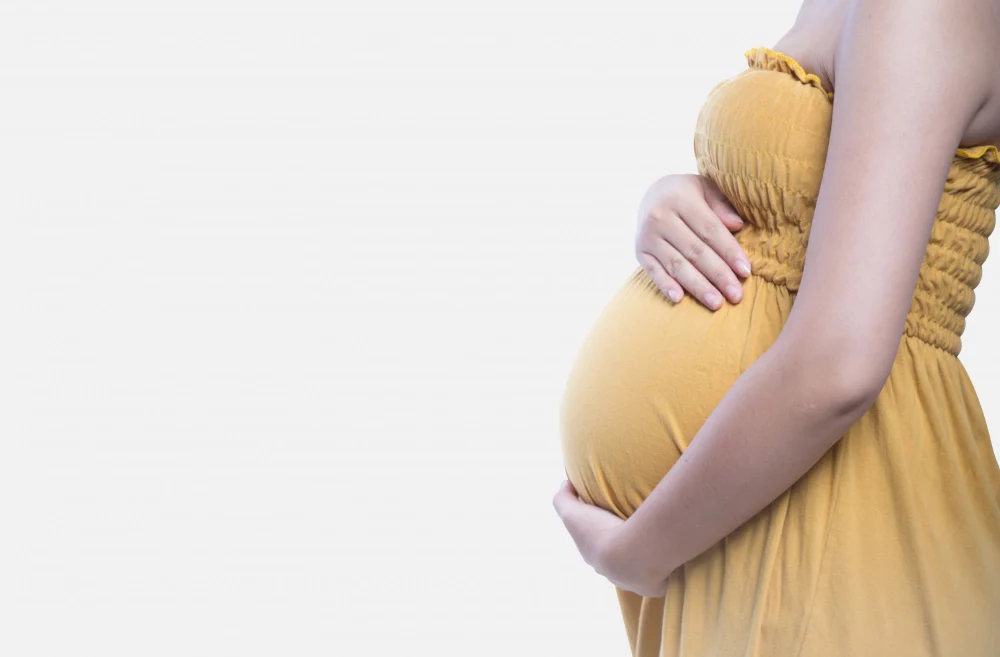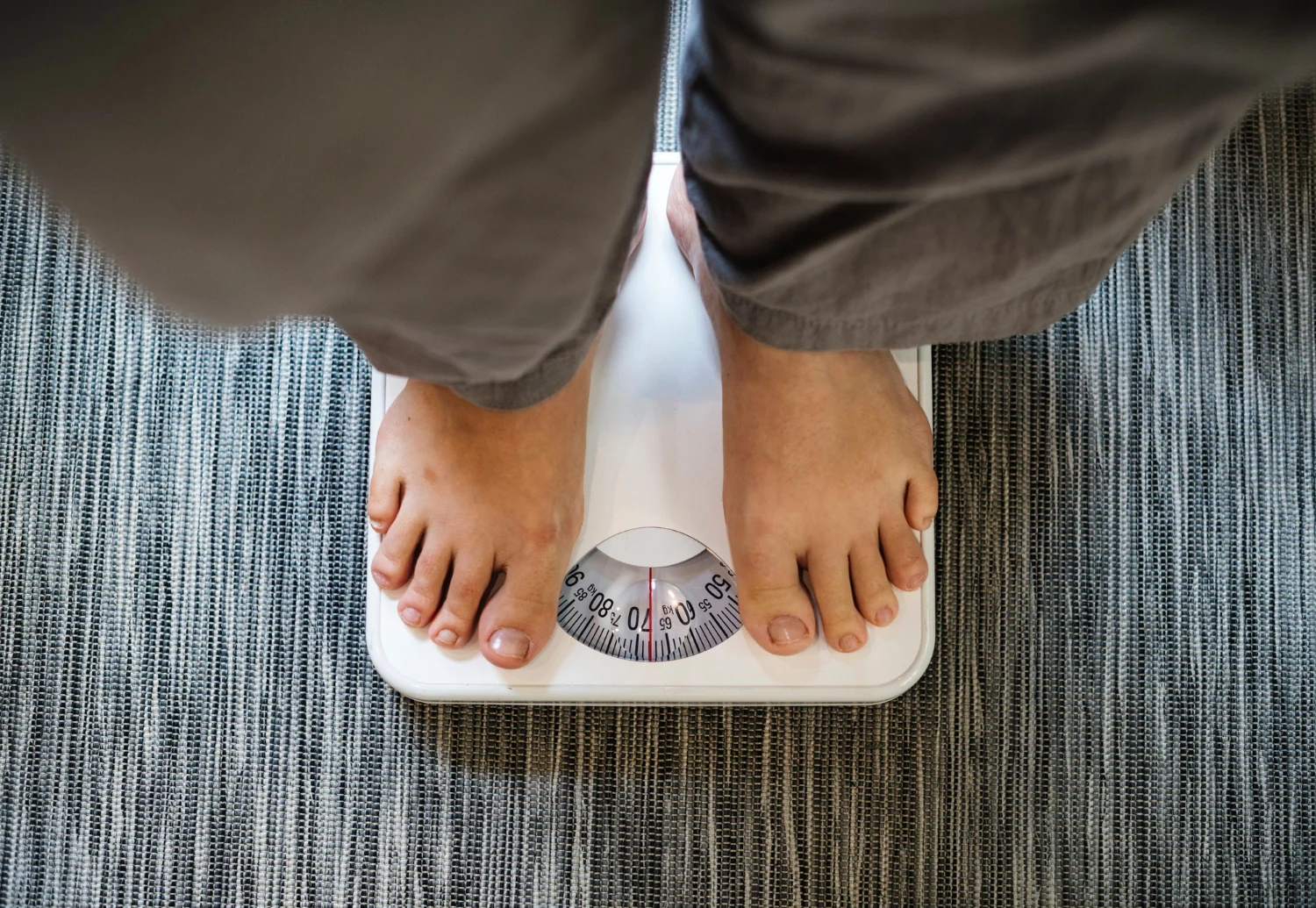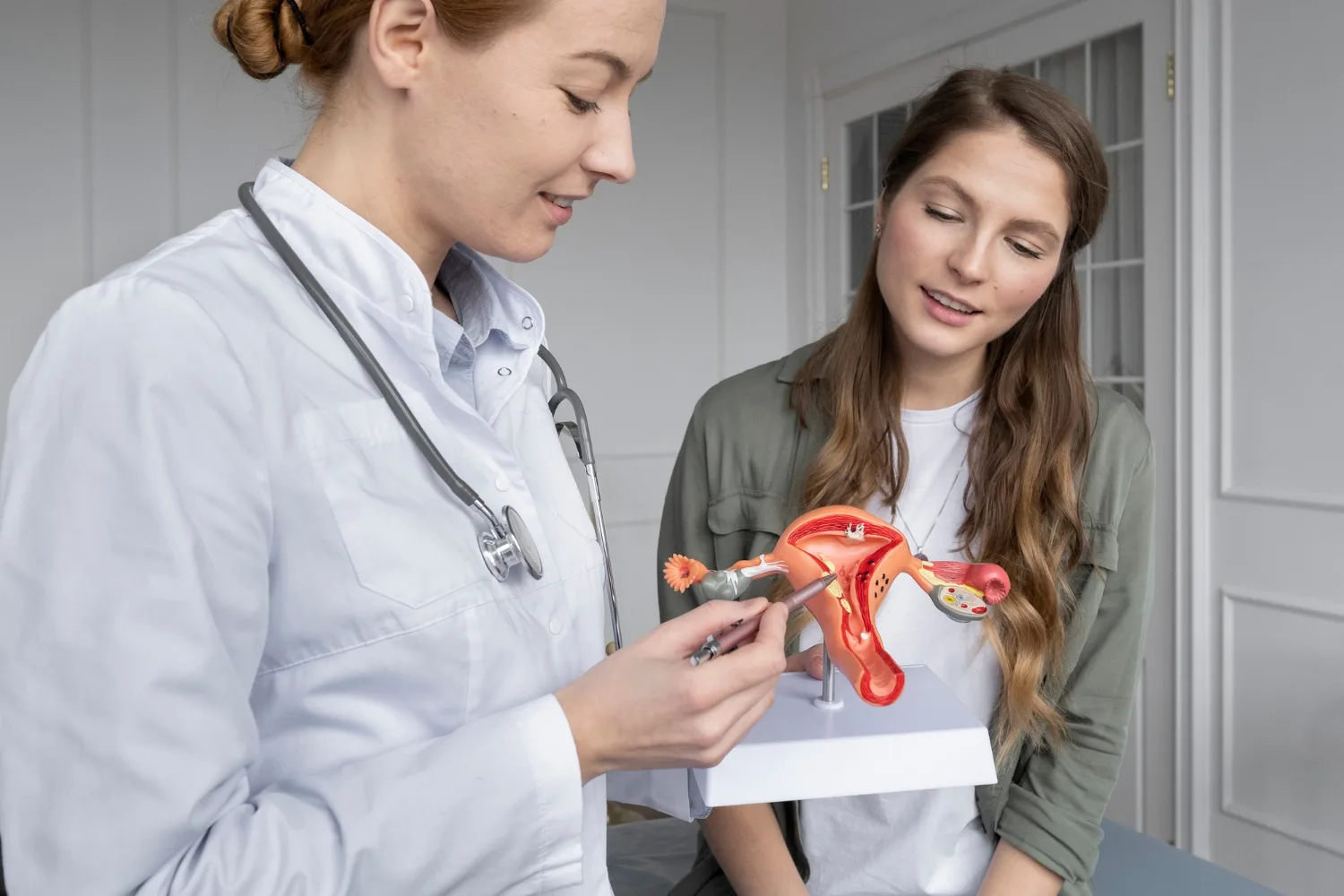What Is PCOD And PCOS?
Category: Gynecology & Women’s Health
Many women today are confused between PCOD (Polycystic Ovarian Disease) and PCOS (Polycystic Ovary Syndrome). Both conditions affect the ovaries and are associated with hormonal imbalances, but they are not the same. If you're experiencing irregular periods, weight gain, or trouble conceiving, you might be wondering: Do I have PCOD or PCOS? What’s the difference?
In this blog, we break down PCOD vs PCOS—covering definitions, causes, symptoms, diagnosis, and treatment. This is your complete guide to understanding both conditions and knowing when to seek help.
At Lokmanya Hospital, one of the best gynecology hospitals in Pune, we provide specialized and evidence-based treatment for hormonal disorders like PCOD and PCOS. Whether you're facing fertility concerns or metabolic issues, our expert team ensures that you receive the most accurate diagnosis and comprehensive care.
What is PCOD?
Polycystic Ovarian Disease (PCOD) is a condition where the ovaries release immature or partially mature eggs, which eventually turn into cysts. This results in enlarged ovaries and hormonal imbalance.
Causes of PCOD:
- Unhealthy lifestyle and diet
- Obesity
- Stress and sedentary habits
- Heredity or genetic disposition
Common Symptoms of PCOD:
- Irregular or delayed periods
- Weight gain or difficulty losing weight
- Acne and oily skin
- Excess facial or body hair (hirsutism)
- Hair thinning or hair loss
- Difficulty conceiving
PCOD is very common, especially among Indian women. Almost 1 in 5 women is affected, but the good news is—it can be managed with lifestyle changes.
What is PCOS?
Polycystic Ovary Syndrome (PCOS) is a metabolic and hormonal disorder that affects the ovaries, insulin levels, and other body systems. In PCOS, the ovaries may stop releasing eggs altogether due to hormonal imbalance, leading to infertility and chronic health risks.
Causes of PCOS:
- Insulin resistance
- High levels of androgens (male hormones)
- Genetic factors
- Chronic low-grade inflammation
Common Symptoms of PCOS:
- Irregular or absent periods
- Infertility or anovulation
- Increased androgen levels causing hirsutism, acne
- Fatigue and mood swings
- Weight gain, especially around the abdomen
- Higher risk of diabetes, hypertension, and cardiovascular issues
Unlike PCOD, PCOS is more severe and requires medical management along with lifestyle interventions.
PCOD vs PCOS: Key Differences Table
Feature | PCOD (Polycystic Ovarian Disease) | PCOS (Polycystic Ovary Syndrome) |
| Definition | Ovaries release immature eggs that form cysts | Hormonal disorder affecting ovulation and metabolism |
| Cause | Lifestyle, poor diet, genetics | Hormonal imbalance, insulin resistance, genetics |
| Severity | Less severe, more common | More severe, less common |
| Menstrual Cycle | Irregular but occurs | Often missed or absent periods |
| Ovulation | Delayed or irregular | May stop completely |
| Fertility | Affected but manageable | Can lead to infertility |
| Symptoms | Weight gain, acne, hair issues | More intense – infertility, metabolic risks |
| Hormonal Imbalance | Mild | Significant |
| Long-Term Health Risks | Lower | Higher (diabetes, heart disease) |
| Management | Lifestyle changes and basic meds | Requires medical treatment and monitoring |
| Reversibility | Often reversible | Can be controlled, not cured |
Diagnosis and Treatment
At Lokmanya Hospital, known for its best PCOS and PCOD treatment in Pune, our team uses a multi-disciplinary approach:
Diagnosis Includes:
- Hormonal blood tests (FSH, LH, Testosterone, Insulin)
- Pelvic ultrasound to examine ovaries
- Thyroid and glucose screening
- BMI and physical assessments
Treatment Options:
Lifestyle modifications
- Balanced diet with low glycemic index foods
- Daily exercise and stress reduction
- Weight loss to improve ovulation and hormone levels
Medications
- Hormonal birth control to regularize periods
- Anti-androgens to reduce hair growth and acne
- Metformin to improve insulin resistance
- Fertility drugs for those planning pregnancy
Long-Term Management
- Ongoing monitoring
- Preventive care for heart disease and diabetes
- Counseling and mental health support
Why Choose Lokmanya Hospital for PCOD and PCOS Treatment?
At Lokmanya Hospital, we understand that no two women are the same. That’s why our PCOS and PCOD programs are fully customized, combining modern medical care with personalized lifestyle coaching. Recognized as one of the best hospitals in Pune for hormonal disorders, we offer a comprehensive range of services to support women at every stage of life.
Our facilities include state-of-the-art diagnostic labs and a dedicated team of experienced gynecologists and endocrinologists who ensure accurate diagnosis and effective treatment. We also provide nutrition and fitness counseling to promote long-term hormonal balance, integrated fertility care for those planning pregnancy, and mental health and stress management support to address the emotional challenges that often accompany hormonal conditions. From teenage hormonal issues to reproductive health and beyond, Lokmanya Hospital is your trusted partner in women’s health.
Final Thoughts
Whether it’s PCOD or PCOS, early diagnosis and proactive care are crucial. Don’t ignore symptoms like irregular periods, acne, or sudden weight gain. These may be signs your body is sending about deeper hormonal imbalances.
At Lokmanya Hospital, our mission is to empower women with accurate diagnoses, compassionate care, and sustainable solutions.
Schedule your consultation today with Lokmanya’s women’s health experts and take charge of your hormonal health.
FAQs
1.What is the main difference between PCOD and PCOS?
PCOD is a condition where ovaries produce partially mature eggs that become cysts, while PCOS is a syndrome that affects hormonal levels, ovulation, and insulin regulation. PCOS is more severe and has broader metabolic implications.
2. Can women with PCOD or PCOS get pregnant?
Yes. With proper medical treatment, lifestyle changes, and ovulation support, many women with PCOD or PCOS can conceive. Lokmanya Hospital offers fertility treatments tailored to PCOS and PCOD patients.
3. Are PCOD and PCOS curable?
Neither condition is completely curable, but they can be effectively managed. PCOD often resolves with weight loss and hormonal balance. PCOS requires long-term care but can be controlled with proper intervention.
4. Which is worse: PCOD or PCOS?
PCOS is considered more serious due to its long-term health risks like type 2 diabetes, cardiovascular disease, and infertility.
Dr. Mamta Parade
- MBBS, DGO, DNB, FMAS, DMAS
Laparoscopic Surgeon Obstetrics and gynecologist Consultant






